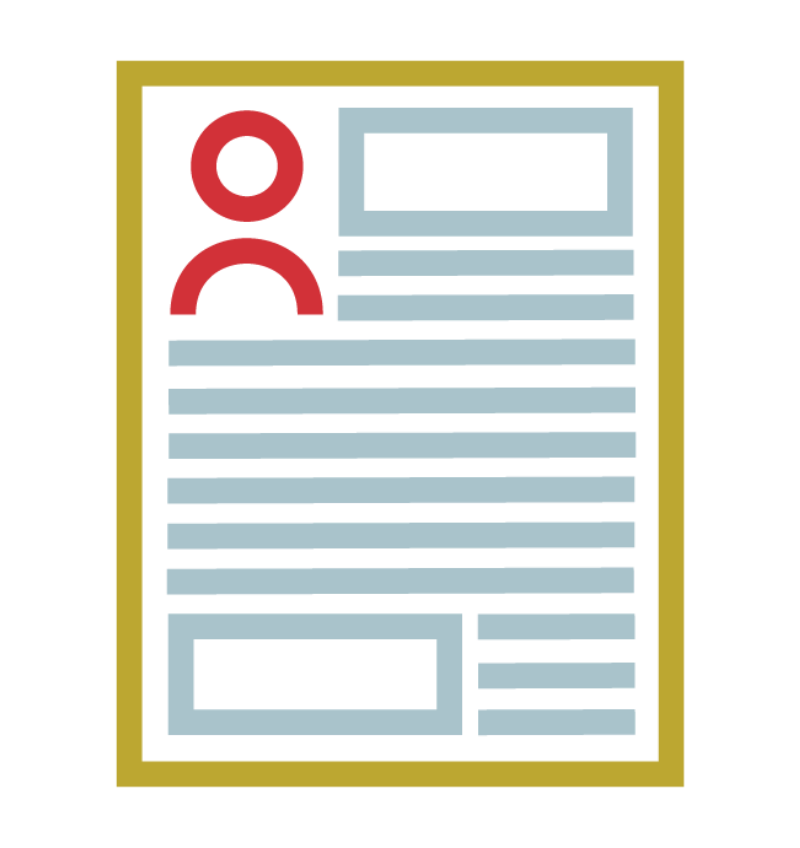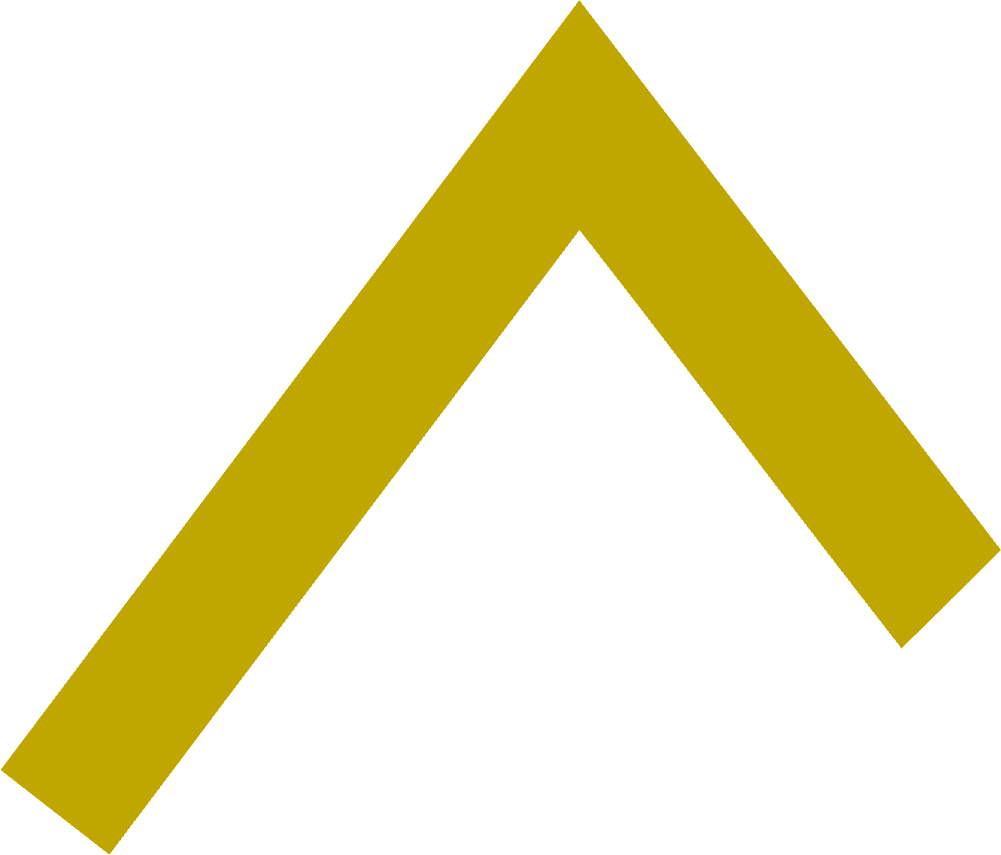We are all likely familiar with the most common interview mistakes—arriving late, dressing inappropriately, speaking poorly of previous employers, talking too much about yourself, etc.—but what are the less common pitfalls candidates should avoid? Our executive search consultants conduct hundreds of interviews each year, and in this article, we draw on their experience to share what not to do at your next interview…
1. Don’t show up without doing ample research ahead of time.
Of course, it makes sense to start with the organization’s website; this will give you a good sense of the organization’s mission and scope, and how they talk about their work. But be sure to go beyond that. Review the bios of anyone you know you will be speaking with. It’s also advisable to conduct a Google search of the organization. This will give you insights into the coverage the organization/its leadership has received, any recent events or accolades, and/or any aspects of the organization’s history that you should be aware of. Bonus tip: ask about something you discovered during your research, whether it’s related to the organization (to show you did your homework) or something you have in common with the interviewer (to help strengthen the relationship).
2. Don’t assume that the interviewer wants to hear your full biography.
Just as it’s wise to tailor your resume to the specific job you are applying for, you will want to tailor how you speak about your career during the interview, too. Practice providing a succinct overview of your previous roles, experiences, and accomplishments, all with the lens of how these relate to job at hand. By doing so, you will help the interviewer not only understand your strengths, but also envision how you can be successful in this role.
3. Don’t forget to be specific—and enthusiastic—about your interest in the role and organization.
You can meet every qualification identified by the organization, but unless you are able to clearly express your specific reasons for being interested in the mission and role, you’re unlikely to advance. At the end of the day, certain skillsets can be strengthened or taught, but an authentic connection to and passion for the organization cannot.
4. Don’t miss out on the opportunity to assess the desirability and fit of the role and organization for you.
We all know the importance of asking the interviewer questions when given the chance. That said, don’t limit yourself to just one or two – feel free to dive deep! Here are a handful of questions that can help you gain a more nuanced understanding of the role and organization:
- What is your role and how might we be working together?
- What excites you about your work?
- What challenges do you see for this position?
- How would you describe the organization’s culture (how are decisions made, what are the most common communication styles, how would you characterize the work environment, etc.)?
- What advice would you provide me with so I can be successful in this role?
- What would success look like in the first 90 days? The first year?
5. Don’t fail to put yourself in the interviewer’s shoes.
Try to examine your resume and cover letter from the interviewer’s perspective. What questions might they have about your experiences/qualifications and how they might relate to the role? Are there any short tenures or gaps on your resume that they might be curious about? Be honest and open. Being able to anticipate such questions—and in some cases, address them before the interviewer even has the chance to ask—can be an effective tactic.




